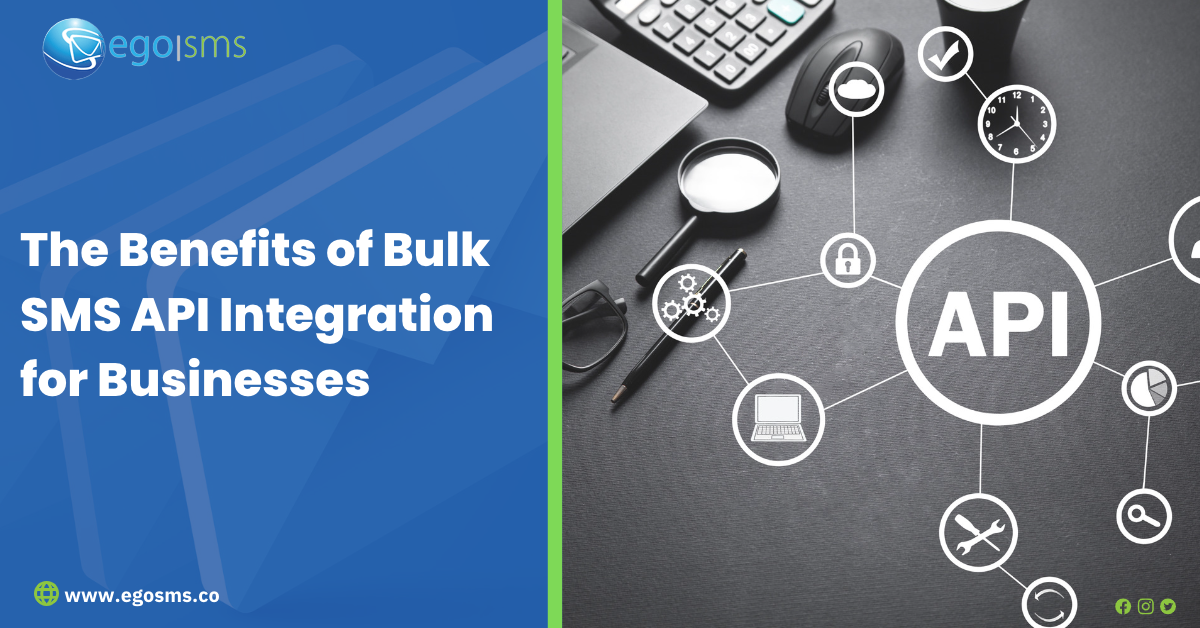
API integration refers to the process of connecting or merging different software systems, platforms, or applications using APIs (Application Programming Interfaces). An API is a set of rules and protocols that enables different software applications to communicate with each other and share data or functionality.
API integration involves creating a connection between two or more systems by utilizing their respective APIs. This connection allows them to interact, exchange data, and perform actions seamlessly. The integration can be achieved in various ways, depending on the specific requirements and capabilities of the systems involved.
Here are a few key aspects of API integration:
- Communication: APIs provide a standardized way for different systems to communicate with each other. They define the rules, protocols, and data formats that should be used to request and receive information between systems.
- Data exchange: API integration enables the exchange of data between systems. This can involve retrieving data from one system and passing it to another, or updating and synchronizing data between systems in real-time or on a scheduled basis.
- Functionality sharing: APIs also allow systems to share functionality or services. By integrating APIs, applications can leverage the capabilities of other systems without having to build those functionalities from scratch. This promotes reuse and interoperability between systems.
- Triggering actions: API integration enables systems to trigger actions or events in other systems. For example, an e-commerce platform can integrate with a payment gateway API to initiate a payment transaction when a customer makes a purchase.
- Workflow automation: API integration facilitates the automation of workflows across multiple systems. By connecting APIs, businesses can automate processes, streamline operations, and eliminate manual tasks or data entry.
- Platform integration: API integration is commonly used to connect different platforms or software applications, such as integrating a CRM system with an email marketing tool, an e-commerce platform with a shipping service, or a social media platform with a content management system.
API integration plays a vital role in enabling systems to work together, share data, and leverage each other’s functionalities. It enhances interoperability, efficiency, and the overall user experience by creating a seamless flow of information and actions between applications.
Integrating bulk SMS API (Application Programming Interface) into a business’s operations offers numerous benefits. Here are some advantages of utilizing bulk SMS API integration for businesses:
- Seamless communication: Bulk SMS API integration allows businesses to send a large volume of SMS messages to customers or clients simultaneously. This ensures efficient and seamless communication, enabling businesses to reach their target audience quickly and effectively.
- Time and cost savings: By integrating a bulk SMS API, businesses can automate their messaging process and send messages in bulk. This eliminates the need for manual message sending, saving time and resources. Additionally, sending SMS messages is generally more cost-effective compared to other communication channels like phone calls or traditional mail.
- Increased reach and engagement: SMS messages have a high open and read rate, making them an effective way to reach and engage with customers. By utilizing a bulk SMS API, businesses can send important updates, promotions, reminders, or notifications to a large number of recipients simultaneously. This broad reach enhances customer engagement and can drive desired actions.
- Targeted and personalized messaging: Bulk SMS API integration allows businesses to segment their audience based on various criteria such as demographics, location, preferences, or purchase history. This segmentation enables targeted and personalized messaging, ensuring that recipients receive relevant content. Personalization enhances the effectiveness of the SMS campaign and improves customer satisfaction.
- Real-time delivery and tracking: Bulk SMS API integration provides real-time delivery and tracking capabilities. Businesses can receive immediate delivery reports, ensuring that their messages reach the intended recipients. Furthermore, tracking features enable businesses to monitor engagement metrics like open rates and click-through rates. This data provides valuable insights for campaign evaluation and optimization.
- Customer relationship management (CRM) integration: Many bulk SMS API solutions offer integration with CRM systems, enabling businesses to synchronize customer data and leverage it for SMS campaigns. This integration ensures that businesses have up-to-date and accurate customer information, which enhances personalization and improves the overall customer experience.
- Automation and scheduling: Bulk SMS API integration allows businesses to automate message sending and scheduling. This means that businesses can pre-plan and schedule SMS campaigns in advance, ensuring timely delivery of messages without manual intervention. Automation streamlines processes and allows businesses to focus on other important aspects of their operations.
In summary, integrating a bulk SMS API into business operations offers benefits such as seamless communication, time and cost savings, increased reach and engagement, targeted and personalized messaging, real-time delivery and tracking, CRM integration, and automation and scheduling capabilities. These advantages contribute to more efficient and effective communication with customers and clients, ultimately leading to improved business outcomes. To begin using API integration to send customised messages to your clients, sign up here.

